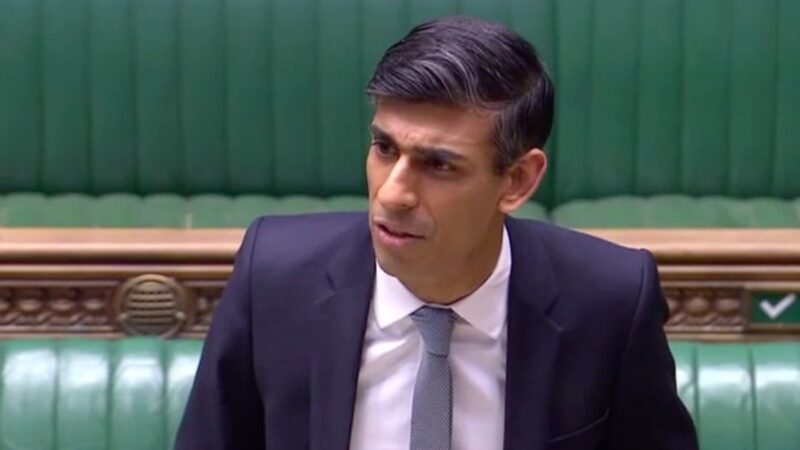
“I won’t give up on the people who rely on it,” Rishi Sunak announced as he revealed that the furlough scheme would be extended until the end of October. The statement by the Chancellor has been largely welcomed by trade unions and the Labour Party – and it’s certainly a nice change to the government briefing that workers are becoming ‘addicted’ to the support. TUC general secretary Frances O’Grady has hailed the announcement as a “huge relief”, while Anneliese Dodds said: “The scheme is a lifeline for millions. The government was right not to pull it away.” But yesterday’s statement, like so many in this crisis, has left many questions unanswered.
From August, furloughed workers will be able to return to employment on a part-time basis. Both Labour and trade unions had been calling for the government to allow for part-time work under the scheme, as many other countries have done since the start of the Covid-19 crisis. But the Chancellor said yesterday that businesses will make contributions to the wages of staff that do return on a part-time basis – and gave no detail on what those contributions will look like. So for now the scheme remains the same, until the end of July, at which point something as yet unspecified will happen – making it pretty difficult for businesses to make plans. Dodds has called for the government to set out the details for employers, in order to avoid a wave of “mass redundancies” on August 1st.
And there is still the issue of low paid workers on the scheme. With the government covering up to 80% of an individual’s pay and no obligation for the business to cover the other 20%, millions of low paid workers have seen their income drop below the minimum wage. Meanwhile their outgoings, such as rent, remain the same – making Labour’s position on rent deferrals all the more controversial. Some within Labour have called on the leadership to back rent cancellations, while backbench MP Clive Lewis has pledged to support Covid-19 rent strikes.
In positive news for the leadership, Keir Starmer received a boost from a YouGov poll yesterday that revealed a net approval rating of +23 for the new leader. 40% of respondents indicated that Starmer was doing “very well” or “fairly well”, compared to just 17% who answered “very badly” or “fairly badly”. The survey did suggest a low level of familiarity, with 44% responding “don’t know”, but this is still good news for Starmer. A little over a month after assuming the role, the new leader finds himself with a personal approval rating one point better than that of Boris Johnson.
Sign up to LabourList’s morning email for everything Labour, every weekday morning.



More from LabourList
‘Help shape the next stage of Labour’s national renewal through the 2026 NPF consultation’
‘AI regulation is key to Labour’s climate credibility’
Ben Cooper column: ‘Labour needs to rediscover its own authentic populism’